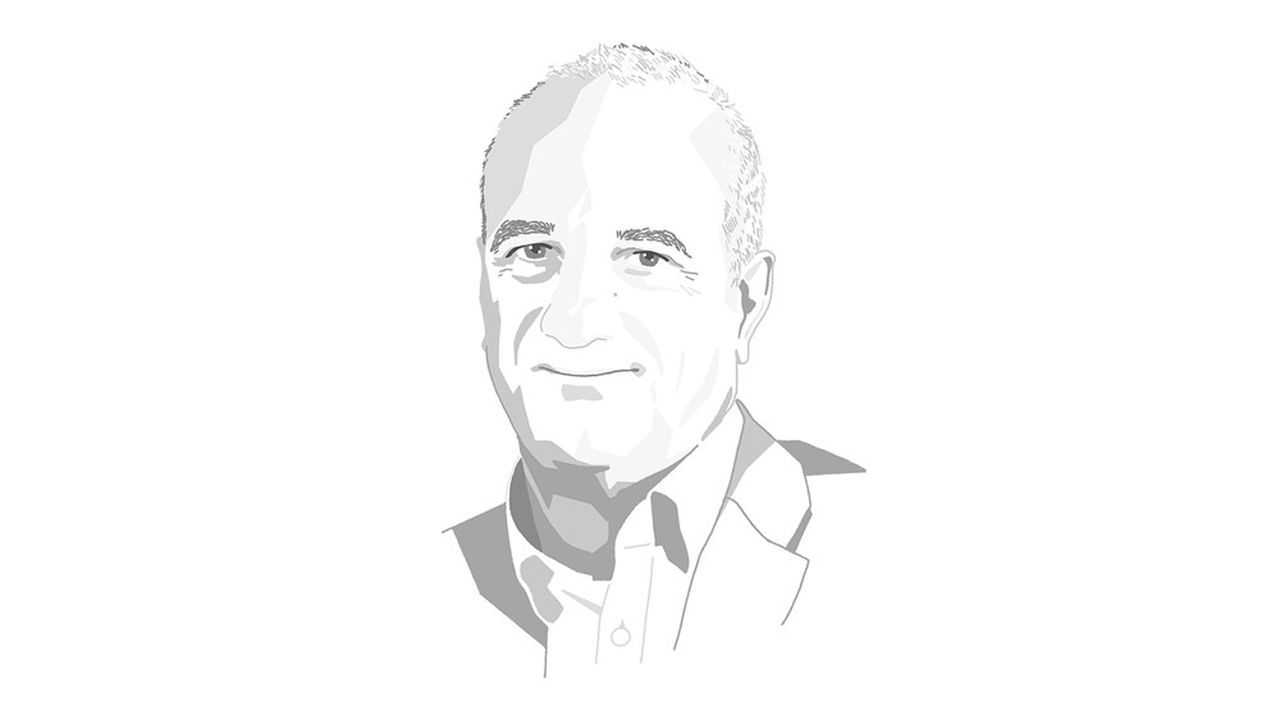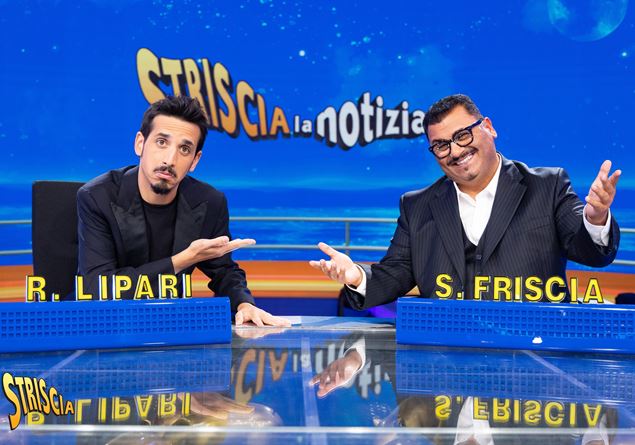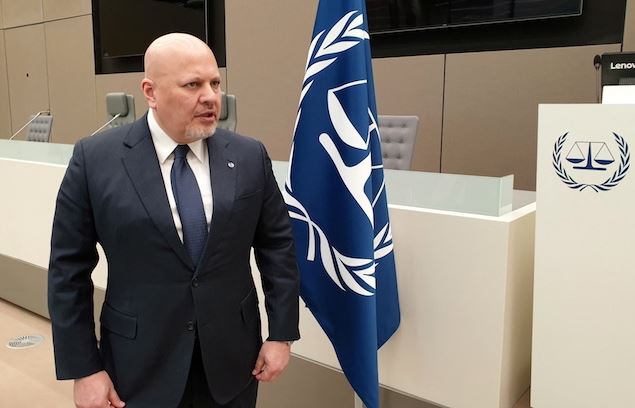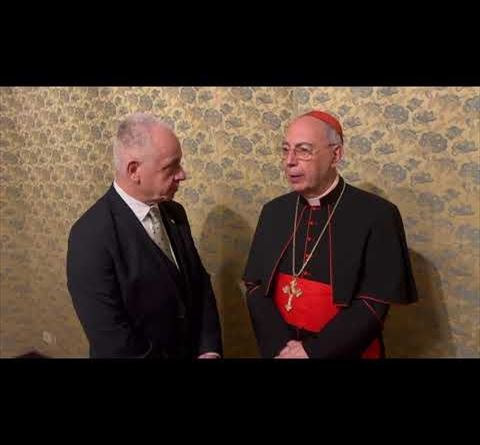
What would the recently elected members of parliament have done if France were a true parliamentary democracy? The answer is simple. The day after the vote, the leaders of several parties widely represented in the Assembly would have immediately begun negotiations to arrive at a common platform for action, even if their political convictions are very different.
In these negotiations, each party tries to push through the reforms that seem essential to it, and each party accepts major renunciations. A decade ago, the German Christian Democratic right had thus accepted the creation of a minimum wage wanted by the Social Democrats.
The closed door of negotiations
In these negotiations, a personality would have gradually emerged to take the head of the government, and the important ministries would have been distributed among the forces present. The President of the Republic would have had no other choice than to call this personality to Matignon and to ratify his team.
But France is not a true parliamentary democracy. Three blockages prevented this mechanism from starting. First, the Republican front that was formed to prevent the victory of the National Rally was a front “against” that cannot exist “for”. Then, Jean-Luc Mélenchon, the leader of La France Insoumise, closed the door to any negotiation five minutes after the election results. Finally, the political (and media) class continues to unconsciously expect everything from the president.
Absence of coalition
Yet it has happened three times in the history of the Ve Republic that the president be forced to appoint a Prime Minister. This was in a very different scenario: a coalition politically opposed to the president, clearly led by a man during the election campaign, had won an absolute majority. This is how François Mitterrand had to resign himself to appointing Jacques Chirac in 1986 and then Édouard Balladur in 1993. And Jacques Chirac had to resign himself in turn to calling Lionel Jospin in 1997.
In the absence of a majority, a coalition, or a shared project, the president regains his freedom of action. In accordance with Article 8 of the Constitution, he is the one who appoints the Prime Minister. Contrary to what former Prime Minister Dominique de Villepin claims, this discretionary choice is part of the republican tradition (otherwise, Pompidou, Barre… or Villepin would never have reached Matignon). And under the IVe A republic where the president had almost no power, although he did have the power to choose the prime minister.







